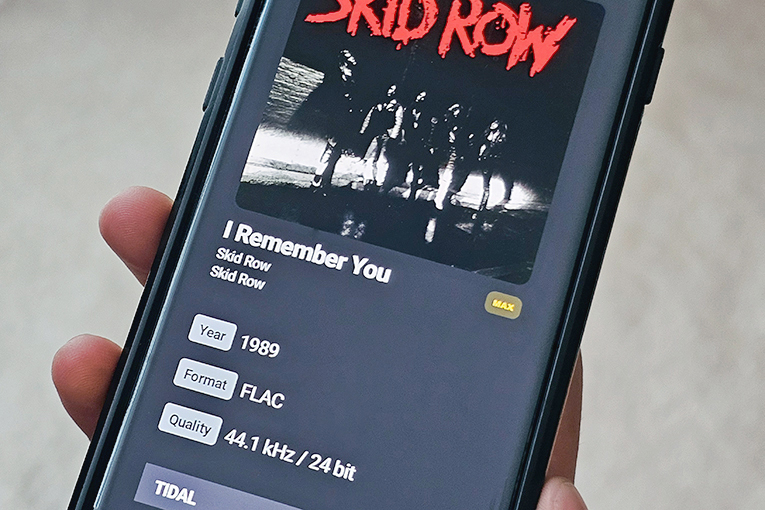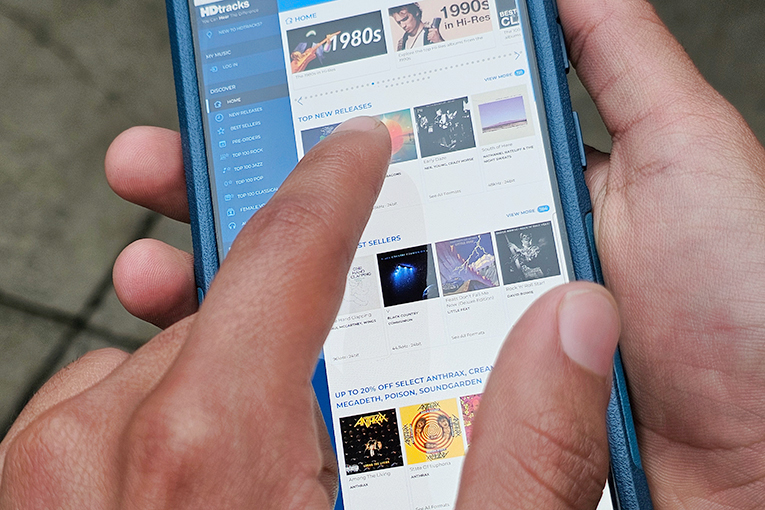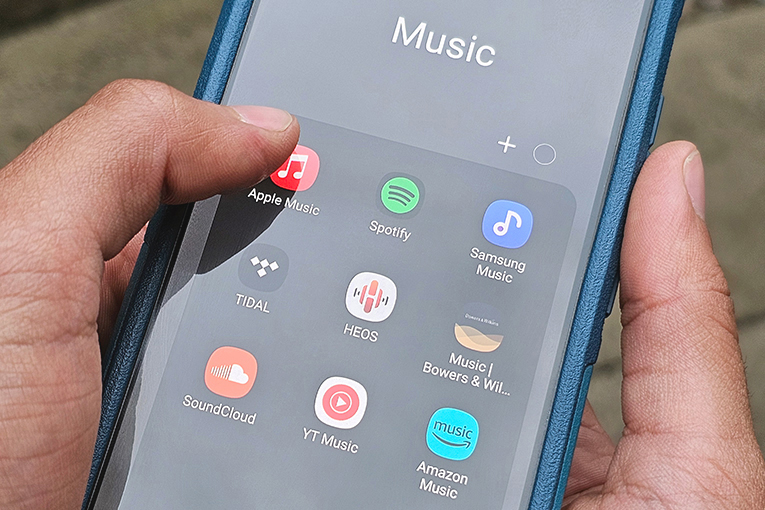Just 18 months ago, we saw the fall of the controversial format called MQA, also known as Master Quality Authenticated. After being spun off into its own company by its creators, the resulting company, MQA Limited, went into administration. A few months later, its assets were purchased by an unlikely suitor: Lenbrook Industries, owner of the Bluesound, NAD, and PSB brands. This seemed like an odd mix.

It didn’t take a genius to assume Lenbrook had plans for MQA. But just days after Lenbrook revealed its intentions for MQA, the main provider of MQA content, Tidal, announced it was dropping the last of its MQA tracks in favor of FLAC.
But behold the rise again of MQA, or at least some of its related technologies. Lenbrook has partnered with the download site HDtracks to offer a music-streaming service. No pricing has been announced, though I’d be shocked if it was much different than other high-resolution services like Tidal and Qobuz.
One way this new platform will set itself apart is by offering the “AIRIA by MQA Labs” codec. This was formerly known as SCL6, and it is claimed to be able to scale from lossy to lossless over a variety of media, from streaming to Bluetooth. Lenbrook describes AIRIA as “a transparent delivery codec equally suited for streaming from the cloud or wirelessly from a device to headphones. Designed for low-latency wireless communications by the inventors of lossless compression, it brings the benefits of a format-agnostic, scalable codec with an unmatched combination of audio quality, reliability, and data-efficiency.” The scalable nature is interesting, though it might mean you never know what you’re actually getting when you’re listening, since it’s variable.

There will be an app, of course, but Lenbrook also mentioned the service will “find its way into many of the world’s leading high-end audio ecosystems, apps, and brands.” Hopefully that means more than just Bluesound, NAD, and PSB. Apparently, users will also have the choice between PCM/FLAC and MQA, so reports of the latter’s death seem exaggerated (for now). No launch date has been announced.
I’m so tired
Everything has a subscription now, and it’s exhausting. Death by a thousand cuts, or in this case, broke by a thousand pennies. In the early 2000s, all I wanted was the ability to save a little money by not paying for sports channels on my cable bill. This à la carte pricing was anathema to the cable companies, as it would inevitably lead to lower revenue. Channels didn’t like it either, since no one would choose to pay for USA Network or ESPN 8 if they had the choice.
It’s a perfect example of “be careful what you wish for,” because that’s absolutely what we have now. Every channel has its own streaming service, and the cost is as much as cable. Granted, you’re theoretically paying only for channels you actually watch, and you can cancel between show releases. If you’re the type of person with the free time and organizational skills to keep track of what services to cancel, and when, good on you. Most people don’t, which is one of the reasons these companies are making record profits. Even previously free YouTube channels have seen the success of Nebula and Dropout and want to get in on subscription streaming.

The backlash against more streaming services has already begun. Do we need another music-streaming service in a world of Spotify, Qobuz, Tidal, Amazon Music, YouTube Music, and so many others? Music streaming is different from video in that all services offer roughly the same content, so it comes down to the interface and any other features you like. So in defense of Lenbrook and HDtracks, it will be easier to carve out their own niche here than, say, what the geniuses behind Quibi tried to do. Already having a vast library of music and a name that audiophiles recognize (older ones at least) certainly helps their cause.
I don’t mean to be negative about this; I just can’t help it. I wish them luck, but this seems like a hard sell to me. And I’m the demo! I already pay for a high-rez service (Qobuz) in addition to a Spotify subscription (which is admittedly excessive, but I prefer keeping my personal listening separate from my testing tracks). If Lenbrook/HDtracks prices this as a “premium” option at $15 to $20 a month, I’m out. If it has a great interface and the same price as Qobuz, or a lower one, I can see swapping.
When the service finally launches, I’ll check it out and report back.
Off topic: Hey, I wrote a book! It’s called Budget Travel for Dummies, and it’s not at all headphone-related, but if it sounds like something you’d be into, please check it out! It’s available on Amazon, B&N, and anywhere books are sold.
. . . Geoffrey Morrison




